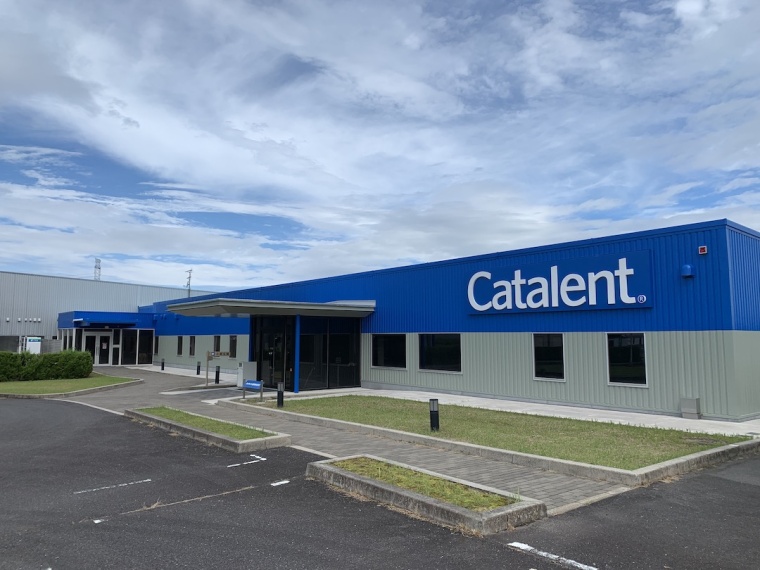Catalent to Invest in UK Biologics Capabilities
Catalent has acquired a 174,000 m2 biologics development and manufacturing facility currently being built by Vaccine Manufacturing and Innovation Centre UK (VMIC) on the Harwell Science and Innovation Campus south of Oxford, England.
After taking over the site for an undisclosed sum, the New Jersey, USA-based CDMO said it plans to invest up to £120 million ($160 million) to complete construction and add capabilities for development and manufacture of biologic therapies and vaccines, including mRNA, proteins and other advanced modalities
Employing more than 400 people, the new facility will support public and private organizations seeking to develop and manufacture biotherapeutics, Catalent said. The US company has a long-standing presence in the UK, where its workforce already exceeds 1,300 people at four facilities focused on development and manufacturing of oral dose forms.
In addition to a clinical trial supply site in Bathgate, Scotland, the Catalent Biotherapeutics network already has a UK presence at Nottingham, Swindon, Haverhill, and Dartford, England, as well as at sites in Italy, Belgium, France, Switzerland and the US.
Commenting on the new acquisition, Mike Riley, president of Catalent Biotherapeutics, said it “will allow the company to collaborate with the rich academic and biomedical science community centered around Oxford and will result in a facility that provides opportunities to transform innovation into real treatments for patients across the United Kingdom, Europe and beyond.”
Catalent’s priority, Riley said, is to complete construction as soon as possible to be able to commence customer programs in 2022. “We will then integrate its capabilities within our existing network of biologics facilities across Europe to offer a flexible range of manufacturing, technology and development solutions for the pipeline of thousands of development programs currently underway.”

Robin Shattock, head of Mucosal Infection and Immunity at Imperial College London and chair of the VMIC board, told the VMIC workforce that the deal “ensures that the site, when completed, will stay true to the original purpose of strengthening the UK’s vaccine manufacturing capability by bringing innovation to the sector and getting more vaccines to the clinic.”
While Shattock said Catalent “has the resources to ensure the facility can become operational and start contributing to the UK’s and Europe’s vaccines landscape at pace,” the sale to a US private company did not sit well with all in the UK, especially as VMIC had been funded by the British taxpayer to the tune of £215 million.
Founded by the UK government in 2018, before the coronavirus pandemic began and conceived as a national emergency preparedness center, the nonprofit VMCI was initially planned to work toward developing vaccines against Ebola and Lassa fever. Later, it was expected to produce doses of AstraZeneca’s Covid vaccine.
In a letter published in the British Medical Journal, a group of scientists from the UK and Ireland called the government’s decision to privatize the facility “baffling” and “ridiculously short-sighted.” The sale, they said, leaves the UK “much less ready” for future pandemics.
Quoting government remarks that vaccine manufacturing already has been taken over by industry and that the cost of completing the center had increased beyond what had been expected, the letter writers expressed skepticism that a private company would be prepared to take a long-term perspective for a country’s preparedness.
The UK experienced a substantial loss of vaccine capabilities during the 1980s and 1990s after leading players such as the Wellcome Foundation and Glaxo moved away and took their vaccine expertise to other countries, the scientists noted.
Author: Dede Williams, Freelance Journalist
















